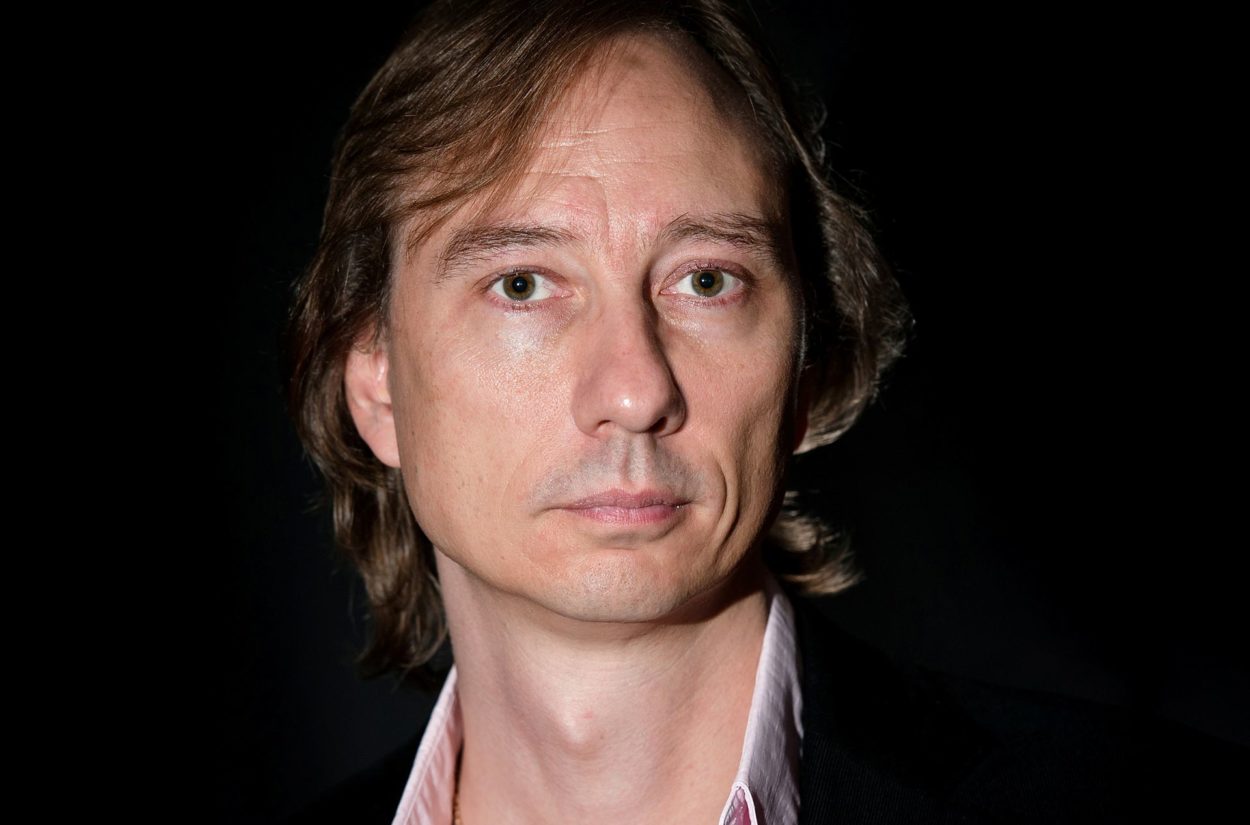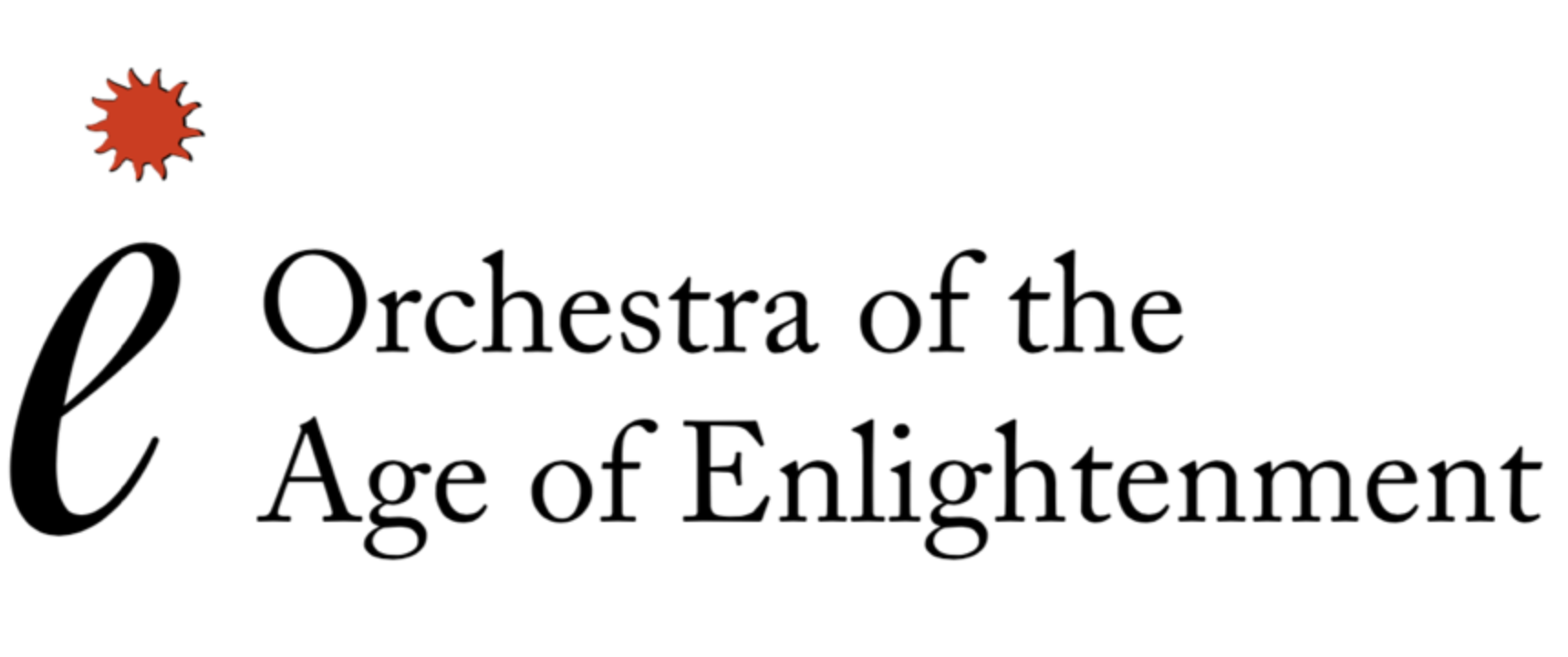A Fascination with the Stars: Q&A with Stuart Clark 30 September 2022
 Image courtesy Simon Wallace
Image courtesy Simon Wallace
⭐ How did you become an astronomer? Why study astronomy?
I don’t remember a time when I haven’t been fascinated by the stars. I always felt drawn to the night sky. In that sense I suppose it was inevitable that I would become an astronomer but I had no idea how. Attending higher education was not a tradition in my family. Anyway, after working for a few years as a computer programmer, I applied to the University of Hertfordshire or Hatfield Polytechnic as it was then. They offered me a place on the physics and astronomy degree course, and I’ve never looked back.
⭐ Is there any one particular piece of information you have learned or discovered as a scientist that has changed your outlook or understanding of the universe?
Keep an open mind, be guided by evidence and don’t be afraid to say, “I was wrong” or “I don’t know”.
"astronomy and music give us glimpses into hidden realms."
⭐ You will be taking part in our 2022/23 Season of Bach, the Universe and Everything, where we combine a science talk with a Bach cantata. Why do you think it is important for you to communicate your research and expertise to non-scientists?
I see it as the equivalent of going to a gallery to appreciate the art, or attending a concert to relish the music. Science is all around us; it is the way we make sense of the physical world. In the same way that harmony adds depth and dimension to melody, understanding physics deepens my appreciation of the world. When I see the Sun low on the horizon, the beauty of the scene moves me, and so does the knowledge that the photons of light that my eyes are detecting to see that view were produced in the heart of the Sun before any human walked the Earth. Science can expand out consciousness.
⭐ I know you also have an interest in music. Is this linked to your interest in astronomy? How do you think the two disciplines can enhance each other?
Yes, I do. I was 10 years old when the original Star Wars film hit cinemas in 1977, and to say it inspired me is perhaps the biggest understatement of all time. It totally lit me up. It took my interest in space and infused it with mythic adventure and extraordinary music. Even now, those first three Star Wars films seem to speak directly to me, and a large part of it has to be because of the way John Williams uses fanfares and flourishes every time a spaceship blasts off into space. It perfectly mirrors the thrill I get when I step outside and look up to the stars.
As an adult I became fascinated by the concept of the music of the spheres, and the way early astronomers applied music theory to try to understand the movement of the planets. To them everything looked so perfect up there that they imagined there must be some extraordinary cosmic harmony going on. That belief drove them to discover the laws of physics, and develop modern science.
It is extraordinary to me how many astronomers are also musicians, or have a well developed interest in music. I wonder if it because astronomy and music give us glimpses into hidden realms. Through analysing the light from the distant stars we have given meaning to a universe of celestial objects and phenomena that we can never visit. With music, we are given glimpses into other people’s inner selves: the composer that fashioning these tunes literally out of thin air, and the musicians that interpret it, giving their own meaning to the passages. It staggers me how different the same pieces can sound with different soloists.
It reminds me of the quote from the 18th century philosopher Immanuel Kant. In his Critique of Practical Reason he wrote “Two things fill the mind with ever new and increasing admiration and awe, the more often and steadily we reflect upon them: the starry heavens above me and the moral law within me. … I see them before me and connect them immediately with the consciousness of my existence.”
I wonder if that is the link: astronomy connects us to the external world, music connects us to the inner one.
"Although beliefs may change, the basic experience of being a human doesn’t. So anything from any age, can be relevant."
⭐ Bach was writing his cantatas at a time when humans’ understanding of the universe was very different. Do you think that classical music and church music can still be relevant now that our understanding has changed so much?
Yes I do. Art is art. It reflects the artist, who in turn reflects the time. So, it provides us with a window into that person and that time. So long as we always approach art with open minds and a non-judgemental attitude, we will find something to love about it, or at the very least something interesting. Although beliefs may change, the basic experience of being a human doesn’t. So anything from any age, can be relevant.
⭐ Can you give us a little insight into what you might tell us about during your talk at Bach, the Universe and Everything?
Yes of course. I’m going to explore the dramatic way the world changed during his lifetime. I’ll look at why the scientific revolution so dramatically led to the age of enlightenment, and I’ll discuss what some feel we lost in that huge societal upheaval.
⭐ What piece of music would you take with you on a deserted space ship?
That’s so difficult to answer. As well as discovering John Williams when I was ten, I also discovered Deep Purple. I have explored the classical and rock worlds ever since. The band that really brought it all together for me were Canadian rock band Rush. I saw them more than 50 times in concert. So it would be a toss up. If it were Rush, I’d choose Xanadu from their live album Exit… Stage Left. I never knew rock music could be that ambitious. If it were John Williams I’d pick the closing credits from The Empire Strikes Back, it has all the greatest Star Wars melodies in it.
Stuart Clark will be the guest speaker at Bach, the Universe and Everything: The End of Enchantment? on Sunday 16 October. He is a fellow of the Royal Astronomical Society, a journalist – including as cosmology consultant for The New Scientist and writing the Guardian’s Star Watch column – and a novelist. His latest non-fiction book, Beneath the Night charts how the history of humanity is shaped by the stars and was adapted as a serial for BBC Radio 3; an extract will be our featured reading on 16 October.
This interview was originally published Enlightenment, the magazine for Friends and Patrons of the OAE.

